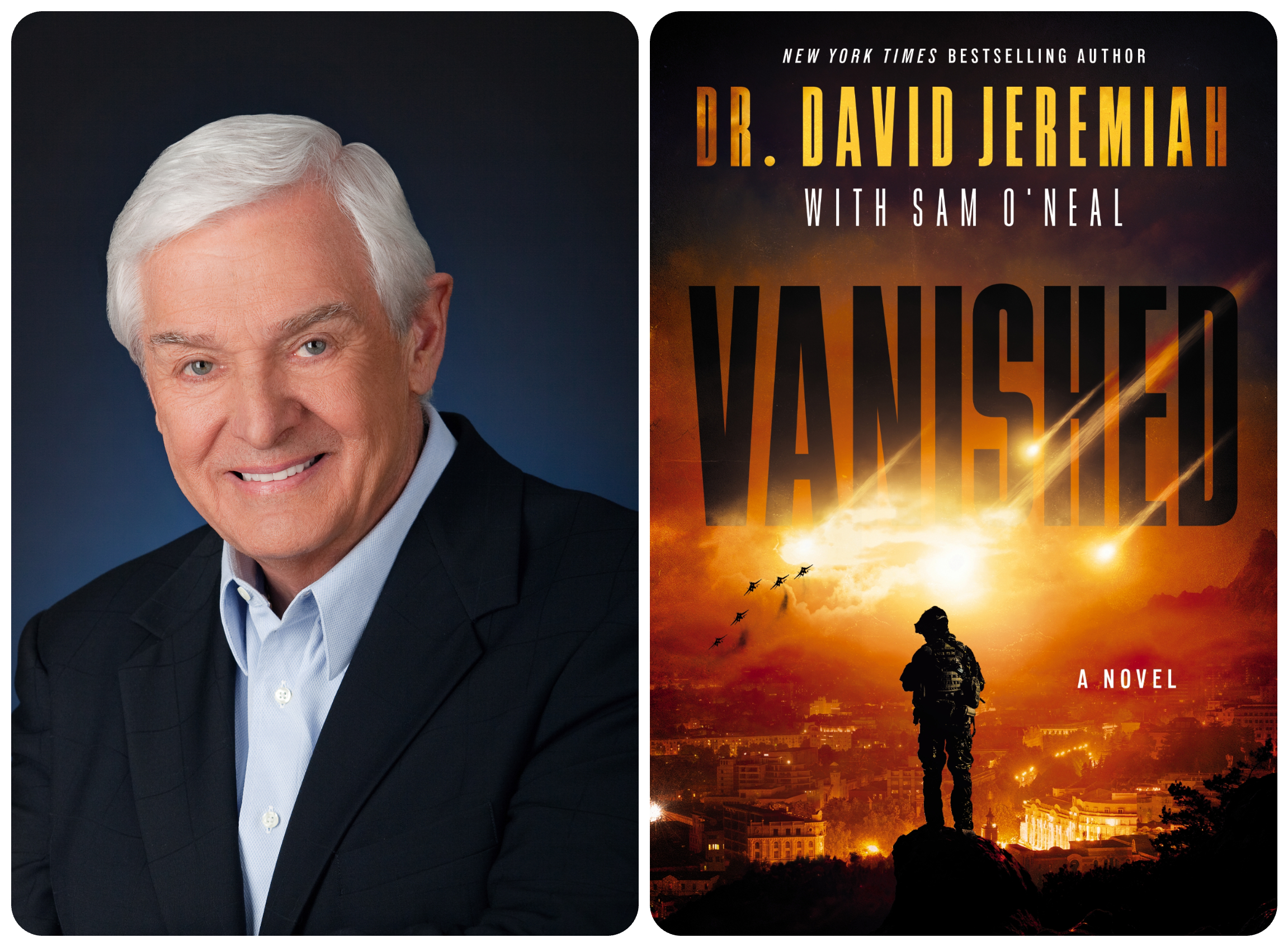HOME FIRES BURN
In twin prologues, the author introduces John Whatley, a car dealership owner who’s freezing to death while locked out of his company car in the bitter Saskatchewan countryside, and reintroduces private eye Merry, a trans woman who’s long been estranged from her family but has just begun to reconnect with them by phone after years of silence. For readers new to the series, this quick introduction will effectively get them up to speed; for those familiar with the first two books, it provides fresh, new details about Merry’s early years, particularly about how her mother kicked her out of the house after broaching the topic of transitioning. Merry starts investigating the death of Whatley after running into his son, Evan, whom she dated in high school before her transition, and who’s now a famous singer. Although the local police ruled Whatley’s case a “death by misadventure,” Evan is convinced that it was no accident. Thus begins Merry’s investigation into Whatley’s life, including inquiries into his former co-workers, his secretive social life, and allegations that he may have harbored antigay sentiments. As with the double prologue, the investigation runs parallel to an exploration of Merry’s past. In a story set during the week before and after Christmas, Merry must decide whether to spend the holiday with her family members, including her mother who’s now slipping into dementia, and come to terms with how she truly feels about her first love. She’s also compelled to seek assistance from Det. Sgt. Veronica Greyeyes, who previously arrested Merry on suspicion of murder. Over the course of this novel, Bidulka skillfully pulls off a delicate balance between the past and present, and ably handles both the murder investigation and the exploration of his main character’s social and emotional life. The tale is told at a fast pace, and by the end of it, readers will not only want to know who committed the crime at its center, but also how Merry will steer her future.


In twin prologues, the author introduces John Whatley, a car dealership owner who’s freezing to death while locked out of his company car in the bitter Saskatchewan countryside, and reintroduces private eye Merry, a trans woman who’s long been estranged from her family but has just begun to reconnect with them by phone after years of silence. For readers new to the series, this quick introduction will effectively get them up to speed; for those familiar with the first two books, it provides fresh, new details about Merry’s early years, particularly about how her mother kicked her out of the house after broaching the topic of transitioning. Merry starts investigating the death of Whatley after running into his son, Evan, whom she dated in high school before her transition, and who’s now a famous singer. Although the local police ruled Whatley’s case a “death by misadventure,” Evan is convinced that it was no accident. Thus begins Merry’s investigation into Whatley’s life, including inquiries into his former co-workers, his secretive social life, and allegations that he may have harbored antigay sentiments. As with the double prologue, the investigation runs parallel to an exploration of Merry’s past. In a story set during the week before and after Christmas, Merry must decide whether to spend the holiday with her family members, including her mother who’s now slipping into dementia, and come to terms with how she truly feels about her first love. She’s also compelled to seek assistance from Det. Sgt. Veronica Greyeyes, who previously arrested Merry on suspicion of murder. Over the course of this novel, Bidulka skillfully pulls off a delicate balance between the past and present, and ably handles both the murder investigation and the exploration of his main character’s social and emotional life. The tale is told at a fast pace, and by the end of it, readers will not only want to know who committed the crime at its center, but also how Merry will steer her future.



























![How To Launch, Grow, and Scale a Community That Supports Your Brand [MozCon 2025 Speaker Series]](https://moz.com/images/blog/banners/Mozcon2025_SpeakerBlogHeader_1180x400_Areej-abuali_London.png?auto=compress,format&fit=crop&dm=1747732165&s=beb7825c980a8c74f9a756ec91c8d68b#)
![Clicks Don’t Pay the Bills: Use This Audit Framework To Prove Content Revenue [Mozcon 2025 Speaker Series]](https://moz.com/images/blog/banners/Mozcon2025_SpeakerBlogHeader_1180x400_Hellen_London.png?auto=compress,format&fit=crop&dm=1747758249&s=9f3c5b1b7421f862beace1cb513053bb#)
![How To Create an Integrated Strategy That Increases Brand Mentions and Visibility [Mozcon 2025 Speaker Series]](https://moz.com/images/blog/banners/Mozcon2025_SpeakerBlogHeader_1180x400_JamesH_London.png?auto=compress,format&fit=crop&dm=1747780409&s=9bf9f0a2623b4a8be6eaf8f235115505#)





















![The 11 Best Landing Page Builder Software Tools [2025]](https://www.growthmarketingpro.com/wp-content/uploads/2024/04/best-landing-page-software-hero-image-1024x618.png?#)























































































